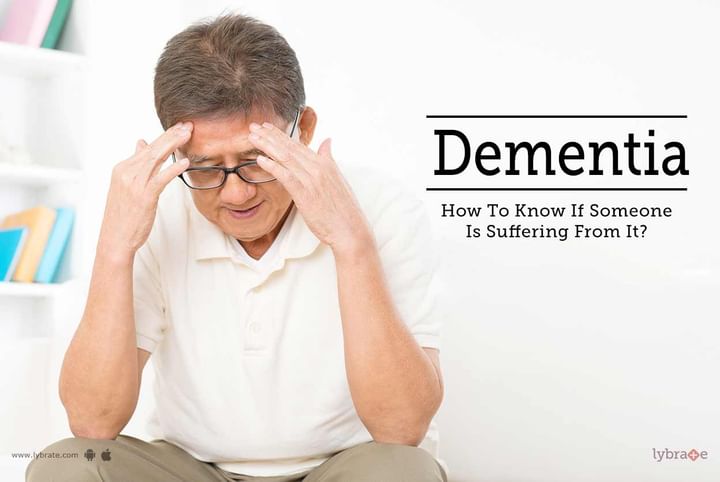Dementia - How To Know If Someone Is Suffering From It?
Ageing is inevitable, and as much as we want to escape, there is no way out. All organs, whether obvious or not, undergo gradual degeneration and deterioration. The brain is no exception, and memory being one of its main function also begins to decline with age. There are various factors which determine how quickly this ageing sets in and how rapidly it progresses. These are dictated by a person’s lifestyle, activity levels, and overall body changes. Dementia also has a strong family history, and if you know someone who has a family history, there are some early signs that you could watch for. This will help in both empathizing with the person, as well as to help in arresting progression. Read on to know the signs that need to be watched out for.
- Mood changes: Sudden changes in mood, especially going into short periods of depression without an obvious reason, is one of the first symptoms of dementia. If it is happening repeatedly, this can help identify dementia.
- Personality changes: If a shy person suddenly becomes outgoing or vice versa, this could be an early indicator of dementia. They either develop or shed inhibitions, which is a new change for them.
- Memory loss: Sudden short-term memory loss for a person who had a very strong memory is a definite indicator of dementia. They might clearly remember the distant events but forget small things like where to find their medicines, where things are in the kitchen or bathroom, etc. Because of this, you might see them repeating what they just did. This could be like washing a glass again, saying or asking the same thing again, etc.
- The difficulty with regular tasks: Short-term memory loss causes difficulty with regular tasks like laying out the dinner table, finding regular medicines, paying utility bills, etc. There is also difficulty in learning new tasks, which further complicates things.
- Feeling lost: Due to sudden memory loss and difficulty with regular tasks, they suddenly feel lost, which in turns adds to their depression.
- Apathy: This also leads to a general lack of interest in things and people around them. They could have had hobbies, which no longer interest them.
- Disoriented: They find it difficult to be aligned to time and space. Directions which they clearly know could seem difficult.
- Not able to connect the dots: While the elderly people are generally good at telling stories and anecdotes, with dementia setting in, this becomes difficult.
These are some symptoms which can help identify if a near one is slowly developing dementia. Identifying in the early stages can help in arresting progress and extending support.
In case you have a concern or query you can always consult an expert & get answers to your questions!



+1.svg)
